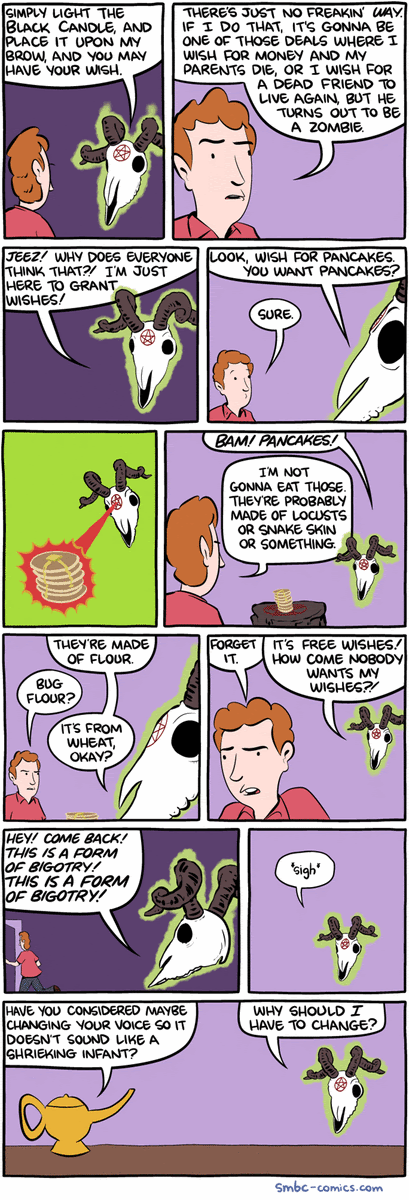Another Curmudgeon!
His name is Brian Patrick Byrne and he wrote an article about a NASA-sponsored computer game that he says is riddled with errors, both of fact and of English. He seems to be correct. If you’re interested in mistakes in video games, go read the article. It’s not bad, (though once he used “within” when just “in” would have been fine). Here’s a quote:
Cosmic Quest teaches players bad math about the size of solar arrays, and gives false instructions for an important process used to make fuel and water in space. It also screws up the name of a vital chemical element needed to power NASA spacecraft. Among the game’s typos are misspellings of the words “analyze” and “oxide,” and confusing the verb “affect” for the noun “effect.”
As a writer and editor, I think these are pretty serious errors, even if they occur only once each. NASA has the excuse that an outside company did the development, and I’m certainly glad it’s not a real NASA project. Here’s a screen shot, by the way. I put the pointer under the misspelled word, but you probably didn’t need the assistance, did you?
Subscribe to this blog's RSS feed
A Quick Book Review
If you’re looking for something to get me for Christmas, this book would be perfect.
It’s The Lexicon of Comicana, by Mort Walker, the writer of Beetle Bailey. Here’s the cover:
Amazon’s blurb can’t be beat, so I’ll just quote it:
Written as a satire on the comic devices cartoonists use, the book quickly became a textbook for art students. Walker researched cartoons around the world to collect this international set of cartoon symbols. The names he invented for them now appear in dictionaries.
Like or Such As?
The difference between “like” and “such as” is subtle, and they are often used interchangeably in informal English. But if you are writing technical material, such as a résumé or a set of complicated instructions, it pays to use the correct expression.
“Like” means “similar to, but not exact.”
“Such as” means “here’s an actual example.”
If you want to give your readers a general idea from which they can derive a pattern, use “like.” For example, you could write “…vehicular transportation like a dune buggy. Something that can handle rough terrain.”
But if you need to refer to something specific, use “such as.” So you might write “…you need a real truck, such as a Chevy S-10.” (An S-10 is a real truck, right?)
Don’t say “I write explanations like step-by-step instructions.” Do you write instructions or don’t you? If you do, use “such as.” With a comma after the “as.”
No comic for this one. Harrumpf.
An Opinion Piece
Two of my rules about good writing are to be clear and correct, the latter partly meaning to follow the rules of grammar and spelling. We call these rules the mechanics. I even proofread my emails and seldom abbreviate even my grocery lists (ahem, whenever I write one).
I even have a sixth rule, to write for your readership, and here I must depart a bit from correctness. There’s a place for variation in writing style. On the one extreme, we have passages like the Olive Leaf Petition I mentioned two posts ago, addressed to King George III, and on the other extreme, well, I’ll let this 9 to 5 comic speak for itself, and for me:
Sigh, I hate to say it, but he has a point.
I generally write these posts in advance, so sometimes another comic comes along that also makes my point. Case in, um, point:
Two Pretty-Much Useless Words
The words are “within” and “upon.” Both are fancy versions of what they actually mean, namely “in” and “on.” For example:
This line of code can be found within that module.
Instead, how about:
This line of code can be found in that module.
We’ll skip my usual rant about using the passive; isn’t that second example better? It’s more direct, doesn’t call attention to itself.
Okay, it’s been several posts since I posted a comic, so here’s one to illustrate “upon.” My sincere thanks to Zach Weinersmith for his Saturday Morning Breakfast Cereal, (for Sept 13, 2017. You’ll have to click back to that date if you’re visiting from some day after the 13th.). It’s one of my favorite comics. They are intellectually sophisticated and funny.
The usage is in the first panel. I admit, in this context, “upon” is probably appropriate, but I think that makes the point. Are you writing an explanation for something, or are you quoting a goat skull?
So here’s the rule:
If “in” or “on” make sense, don’t use “within” or “upon.”




